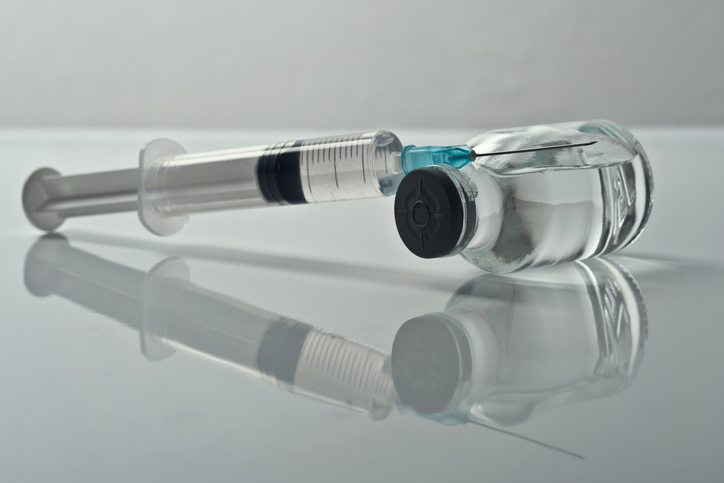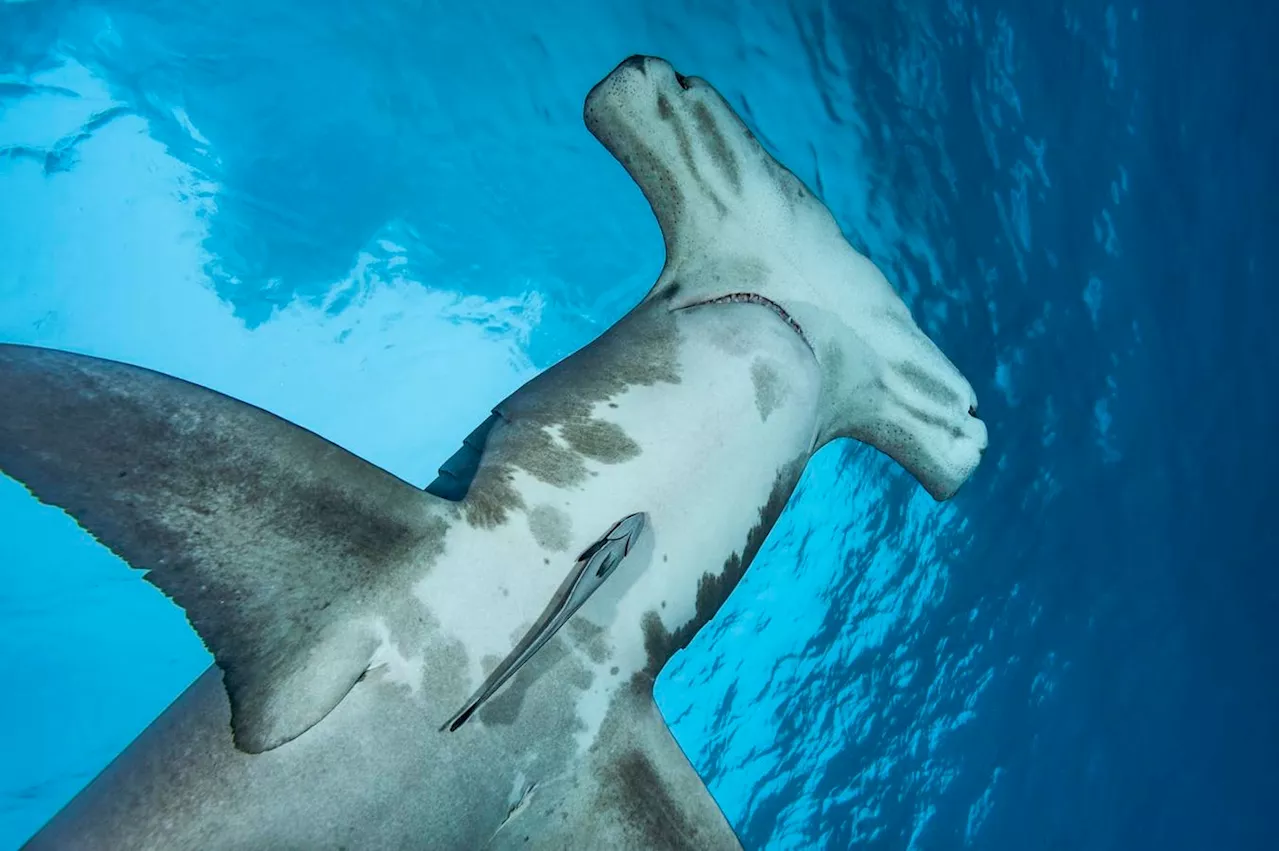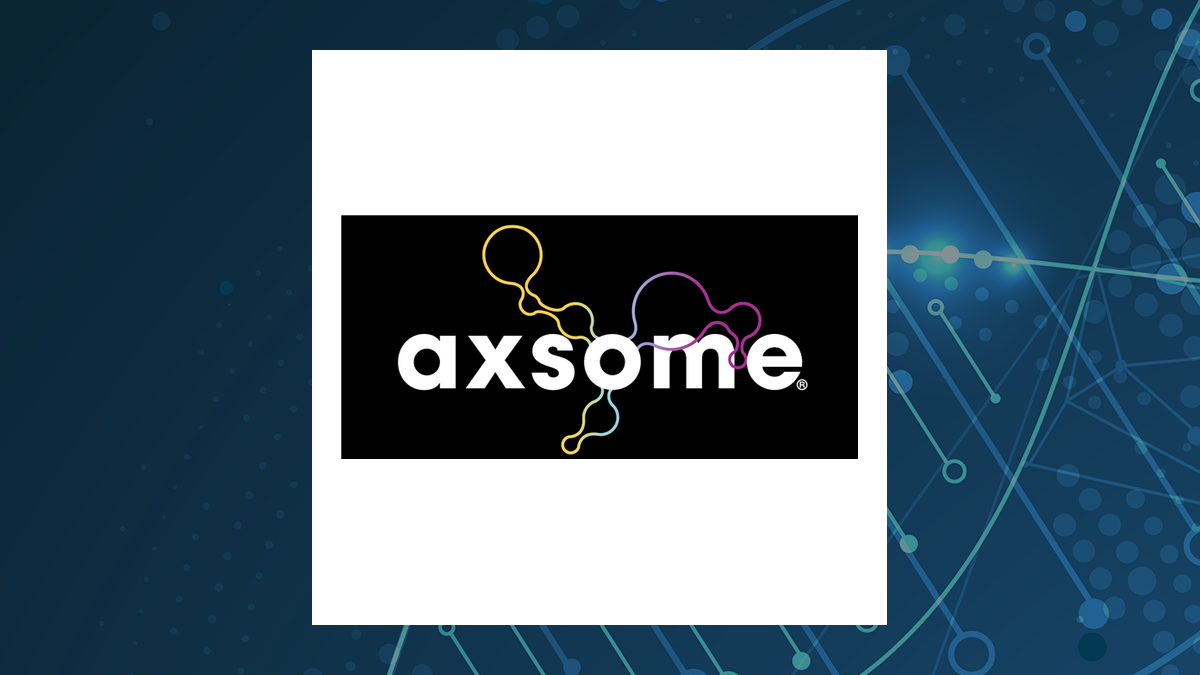BioCryst Pharmaceuticals has announced its acquisition of Astria Therapeutics for $700 million, a strategic move aimed at enhancing treatment options for patients suffering from hereditary angioedema (HAE). This acquisition is poised to position BioCryst, based in Durham, North Carolina, as a stronger competitor against larger pharmaceutical companies in the rare disease market.
Patients with HAE, a rare genetic disorder characterized by recurrent swelling attacks, currently have access to injectable medications that require dosing every two weeks to two months. By acquiring Astria, BioCryst aims to introduce a novel treatment option that could potentially reduce the frequency of injections to as few as two per year. Astria’s primary asset is navenibart, an injectable kallikrein inhibitor designed for less frequent dosing, which is currently undergoing a global Phase 3 clinical trial.
The trial, initiated earlier this year, is evaluating various dosing regimens, including a starting dose of 600 mg followed by 300 mg every three months, 600 mg every six months, or 600 mg every three months. The primary objective is to assess the number of HAE attacks over a six-month treatment period, with preliminary results expected in early 2027.
Strengthening the HAE Portfolio
BioCryst has already made its mark in the HAE market with its leading product, Orladeyo, a once-daily oral medication that effectively prevents HAE attacks. The company anticipates an FDA decision by December 12 regarding an oral granule formulation of Orladeyo for children aged 2 to 11. In addition to Orladeyo, BioCryst’s revenue for the drug reached $437.6 million last year, with projections of $550 million in 2025, excluding European sales.
The competitive landscape for HAE therapies is evolving. Takeda Pharmaceutical holds a dominant position with its product Takhzyro, which requires injections every two weeks but can be extended for some patients. Recently, CSL Behring gained FDA approval for Andembry, a monthly injection, while Ionis Pharmaceuticals received approval for Dawnzera, an antisense oligonucleotide administered monthly or bi-monthly.
BioCryst believes that navenibart’s potential for three- or six-month injections could make it a preferred choice in HAE therapy. Data from navenibart’s Phase 1b/2 trial indicated an impressive average of 92% reduction in HAE attack rates and a 50% attack-free rate, outperforming existing injectable therapies.
During an investor call on October 14, 2023, BioCryst’s Chief Commercial Officer, Charlie Gayer, emphasized that while current products meet the efficacy needs of patients, the market is increasingly seeking therapies with less burdensome dosing schedules. He highlighted that navenibart’s potential for infrequent dosing, coupled with minimal injection-site pain, could drive patient interest and improve market dynamics.
Financial Dynamics and Future Prospects
The financial terms of the Astria acquisition include $8.55 in cash and 0.58 shares of BioCryst common stock, valuing Astria’s shares at approximately $13 each, representing a 53% premium over its pre-announcement closing price. BioCryst has secured up to $550 million in debt financing managed by Blackstone to support this acquisition.
The transaction is pending regulatory and shareholder approvals and is expected to close in the first quarter of 2026. Following the completion of the deal, Jill Milne, CEO of Astria, will join the BioCryst board, and Astria shareholders will retain about 15% ownership in the combined entity.
While Astria’s pipeline includes STAR-0310, an antibody targeting the inflammatory protein OX40 for atopic dermatitis, BioCryst plans to explore strategic alternatives for this asset, as it does not align with its focus on rare diseases. BioCryst CEO Jon Stonehouse described navenibart as an ideal fit for the company’s portfolio, providing a late-stage asset to sustain revenue growth as Orladeyo sales plateau.
As BioCryst continues to innovate in the rare disease space, the acquisition of Astria Therapeutics represents a significant step towards enhancing treatment options for HAE patients, potentially reshaping the competitive landscape in this specialized market.







